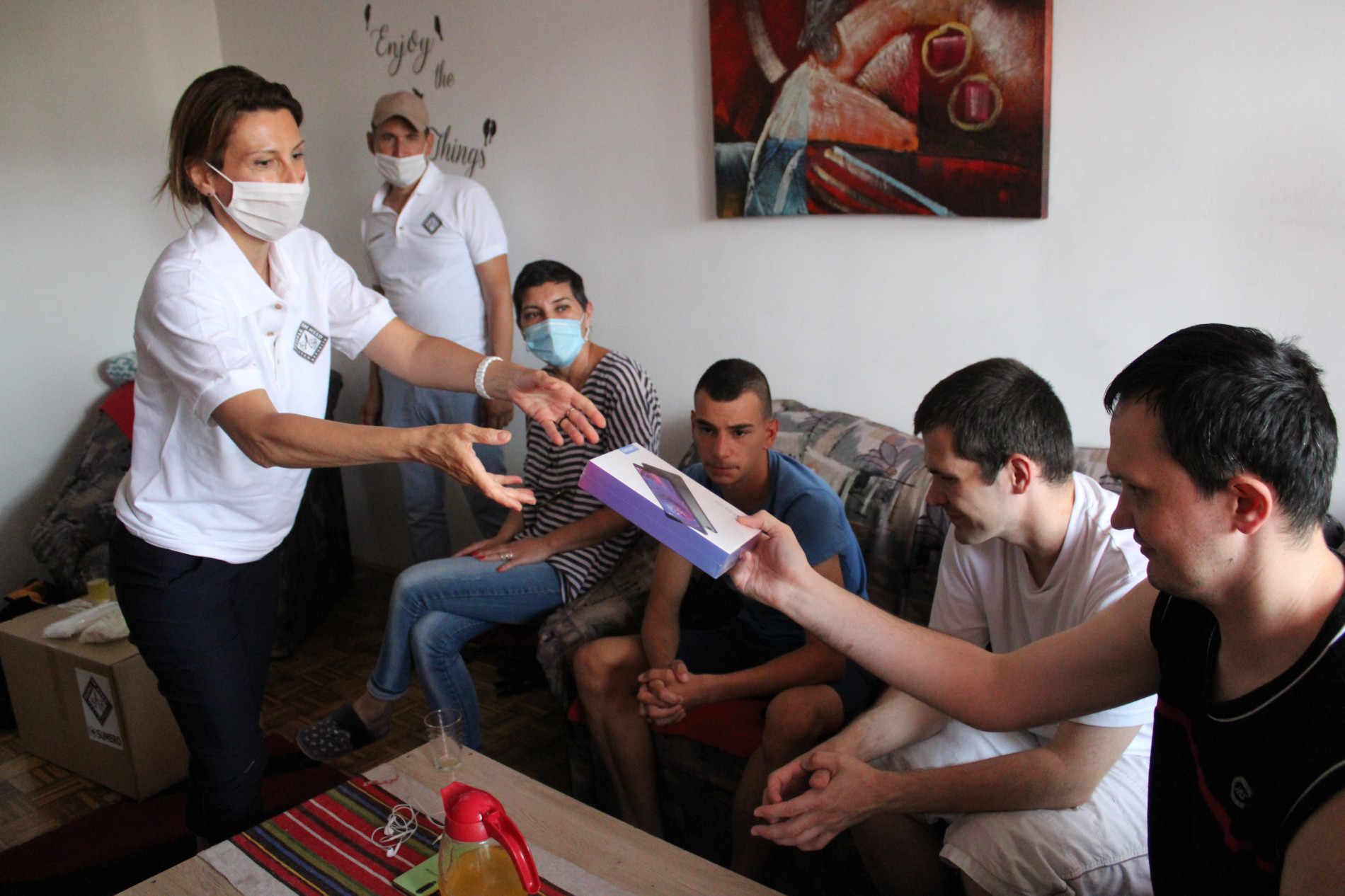
Bosnia and Herzegovina
At People in Need Bosnia and Herzegovina we can trace our origins to a response to the 1992-1995 Bosnian war. After the outbreak of the war, we sent humanitarian workers and supplies to provide immediate relief to those affected by the conflict. The war destroyed infrastructure and the economy and displaced half of the country’s population. Three decades later, the country continues the complicated process of state-building.
As the country recovers politically, economically and socially, it faces many challenges. Currently we focus on climate resilience, waste management, early warning systems, strengthening civil society, inclusive governance, inclusion of people with disabilities, and fostering social cohesion. We mobilised emergency aid during the devastating floods of 2014 and 2024.
One of the challenges is the large number of neglected public spaces. This presented an opportunity to restore and reimagine such places as spaces that bring people together. Through the project Mostar – Spaces to Activate and Rejuvenate, implemented over three years, we improved twelve public spaces and supported their use by encouraging citizen engagement and fostering twenty-two citizen-led initiatives. These efforts contributed to strengthening civic, cultural, and economic life in the city. The project also helped citizens and local authorities develop and apply new skills, tools, and mechanisms to address community priorities in an inclusive, gender-sensitive, participatory, and systematic way.
We transform how emergency services respond to wild fires in Bosnia and Herzegovina, mostly in the Herzegovina-Neretva Canton. Today, our focus includes establishing early warning systems for wildfires, strengthening equipment and knowledge to improve wildfire response, and supporting institutions in climate resilience such as support in implementing the Global Methane Pledge by preparing action plans that contribute to the collective goal of reducing global methane emissions by at least 30 percent from 2020 levels by 2030.
In parallel, we use the One World in Schools methodology to empower young people in Mostar and in separate regional project encouraging active civic engagement and developing educational teaching materials and approaches on recognised genocides to ensure that the past is remembered and that such atrocities are never repeated.






